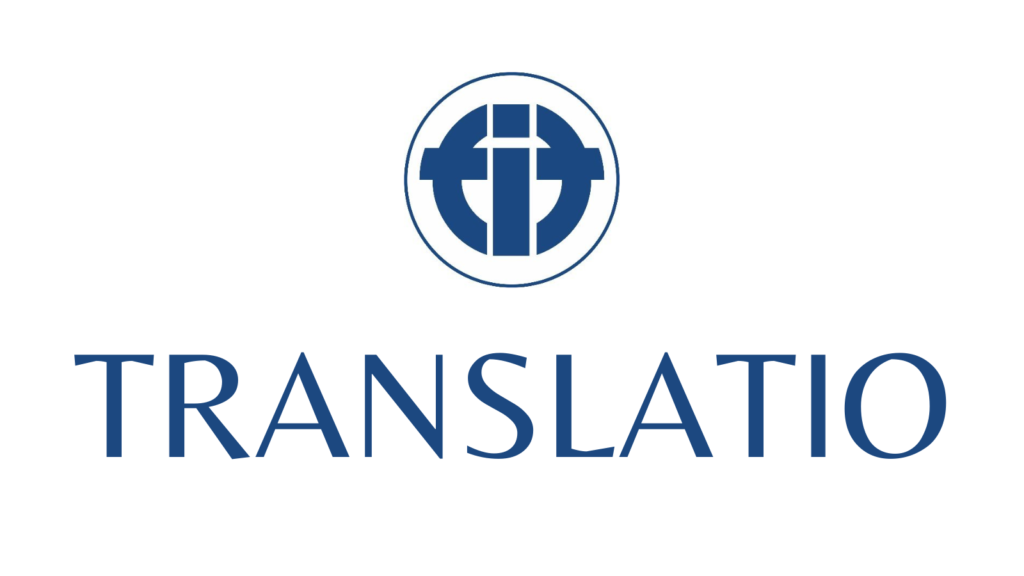
JIAMCATT, the International Annual Meeting on Computer-Assisted Translation and Terminology, is a task force of the International Annual Meeting on Language Arrangements, Documentation and Publications (IAMLADP) and provides a forum for discussion, exchange of expertise, and cooperation in the fields of computer-assisted terminology and translation, interpreting, and documentation retrieval. JIAMCATT’s membership includes most international organisations as well as various national institutions and academic bodies. The 2024 conference was held from 6–8 March, both online and at the UNESCO headquarters in Paris in a historic building that offered panoramic views of the French capital.
This year’s theme was “(R)evolution: AI’s place within the language professions”. With around 150 colleagues on site and 200 online, the conference was very dynamic and varied, featuring three keynote speakers, 11 presentations, live demos on new tools, case studies, a workshop, and a panel discussion.
Whereas last year’s conference focused primarily on the positive change AI can bring to language services, this year had a more mature approach, featuring inclusivity and ecological dimensions through the notions of “digital empowerment” and “green computing”.
Language technologies encompass a range of applications, including AI, applied to language services with well-established technologies (NMT, PE, S2T) and novel ones, especially in the authoring–translation–publishing (ATP) chain, such as drafting, source quality, pre-processing, and terminology, as well as knowledge extraction and annotation of semantic information in documents. Large language models (LLMs) like ChatGPT and others are speeding up change, and their variety makes it easier to choose the right tool for a particular purpose. AI applied to language services also encompasses work assignment through a TMS that allocates the different stages of a workflow and generates statistics, as used by technicians scheduling multilingual meetings at European Parliament.
While the presentations showcased the positive advancements and workflows implemented in organisations’ linguistic and documentation departments, the workshop allowed for more in-depth discussions. To help manage change, emphasis was placed on necessary communication effort among staff, such as translators, interpreters, terminologists, documentalists, project managers, and IT experts, and concluded that “Language services must be proactive in shaping how technology is used in the profession”.
New developments in AI-powered linguistic tools represent a paradigm shift that may be disruptive and, despite (or perhaps because of) the variety of practices and resources among member organisations, they will need to define a clear, shared framework within which to operate.
After three days of intense learning and collaboration, JIAMCATT 2024 successfully addressed a significant portion of participants’ needs. As confirmed by feedback, participants expressed a desire for more specialised information-sharing and networking sessions, including for local JIAMCATT communities. JIAMCATT 2025 will be hosted by the World Trade Organization (WTO) in Geneva.
Pascale Elbaz, Chair, FIT Research Taskforce
